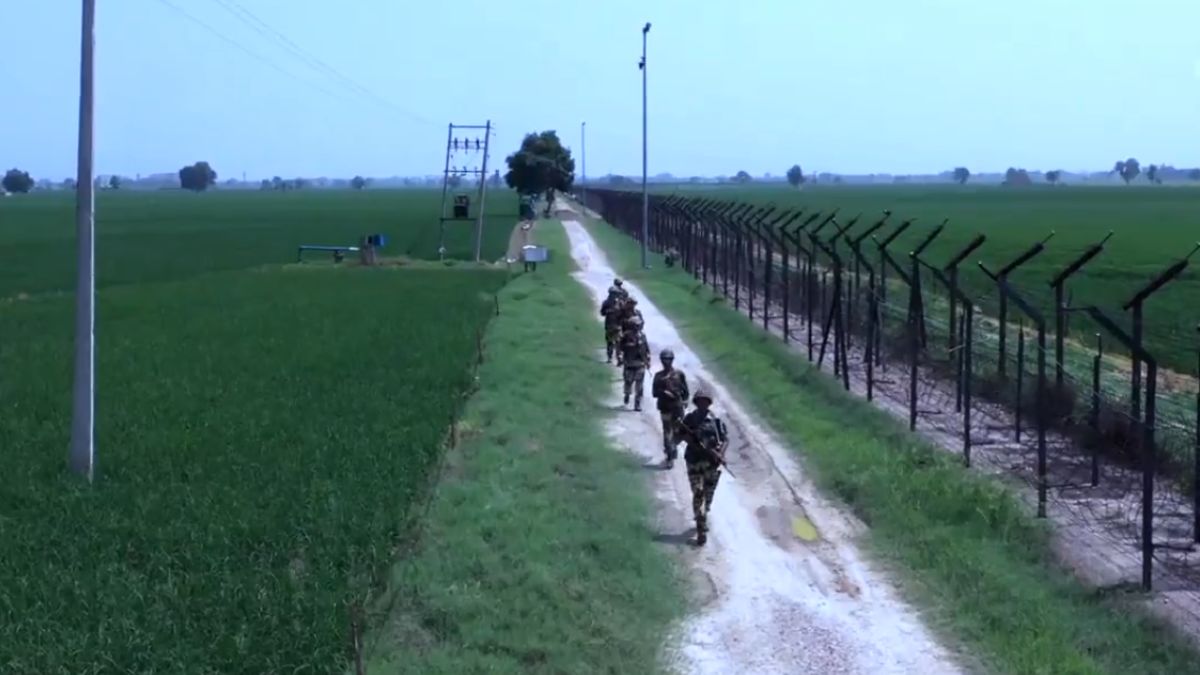Afghan FM India Visit: Taliban Leadership Backs Minister-Level Talks; New Delhi’s Stand On Relations?

If materialized, Muttaqi's India visit would be the first ministerial visit from Kabul to India since August 2021. Image courtesy: Ministry of Foreign Affairs of Afghanistan
The Taliban leadership has expressed support for foreign minister-level talks with India, calling such interactions crucial to upgrade bilateral relations. The development comes a few days after a planned visit to India by Afghan foreign minister Amir Khan Muttaqi was called off in view of an existing travel ban he faces under UN Security Council sanctions.
If materialized, Muttaqi’s India visit would be the first ministerial visit from Kabul to India after the Taliban seized power in Afghanistan in August 2021. He, however, faces UNSC sanctions which were slapped against all the leading Taliban leaders.
Suhail Shaheen, head of the Taliban’s political office in Doha, told the Times of India that foreign minister Muttaqi’s visit to New Delhi would open doors for cooperation across multiple sectors, including trade.
What is holding back Amir Khan Muttaqi’s India visit?
Muttaqi remains under a United Nations Security Council (UNSC) travel ban, complicating his movements abroad. While India is in touch with the Taliban to arrange an early visit, New Delhi will have to seek a waiver from the UNSC before finalising dates. Afghan media had reported that a visit planned last month was called off due to denial of such a waiver.
However, Indian officials maintain that scheduling issues, rather than rejection, were the reason behind the postponement.
How have India-Taliban relations evolved since 2021?
India’s relationship with the Taliban has undergone a dramatic shift in the past few years. Since the Taliban takeover of Kabul in August 2021, New Delhi has consistently provided humanitarian assistance, most recent example being the relief sent after a 6.0 magnitude earthquake in Afghanistan.
The Taliban, for its part, has assured India that Afghan soil will not be used by Pakistan-based terror outfits against Indian interests, a key factor in building trust.
Has India already engaged with Taliban leaders?
Yes. India has gradually expanded its diplomatic footprint with the Taliban. Earlier this year, Foreign Secretary Vikram Misri met Muttaqi in Dubai, while External Affairs Minister Dr. S Jaishankar has held two rounds of conversations with him. These interactions reflect New Delhi’s cautious but steady outreach.
Why would Muttaqi’s visit to India be significant?
For New Delhi, it would underline its intent to go beyond humanitarian assistance and re-establish a broader development partnership in Afghanistan. India has over 500 projects across key sectors in the country, and such a visit could set the stage for deeper cooperation, even as India aligns its approach with the wider international community, which has yet to formally recognize the Taliban regime.
Taliban recognition: What is India’s stance?
Recently, India reaffirmed its continued engagement with Afghan authorities. The Ministry of External Affairs (MEA) spokesperson Randhir Jaiswal last week talked about India’s long-standing ties with the people of Afghanistan. He said India remains committed to supporting the aspirations, welfare, and development needs of Afghan citizens.
The statement reflects India’s careful approach of balancing humanitarian and developmental assistance with ongoing political uncertainty in Afghanistan.







